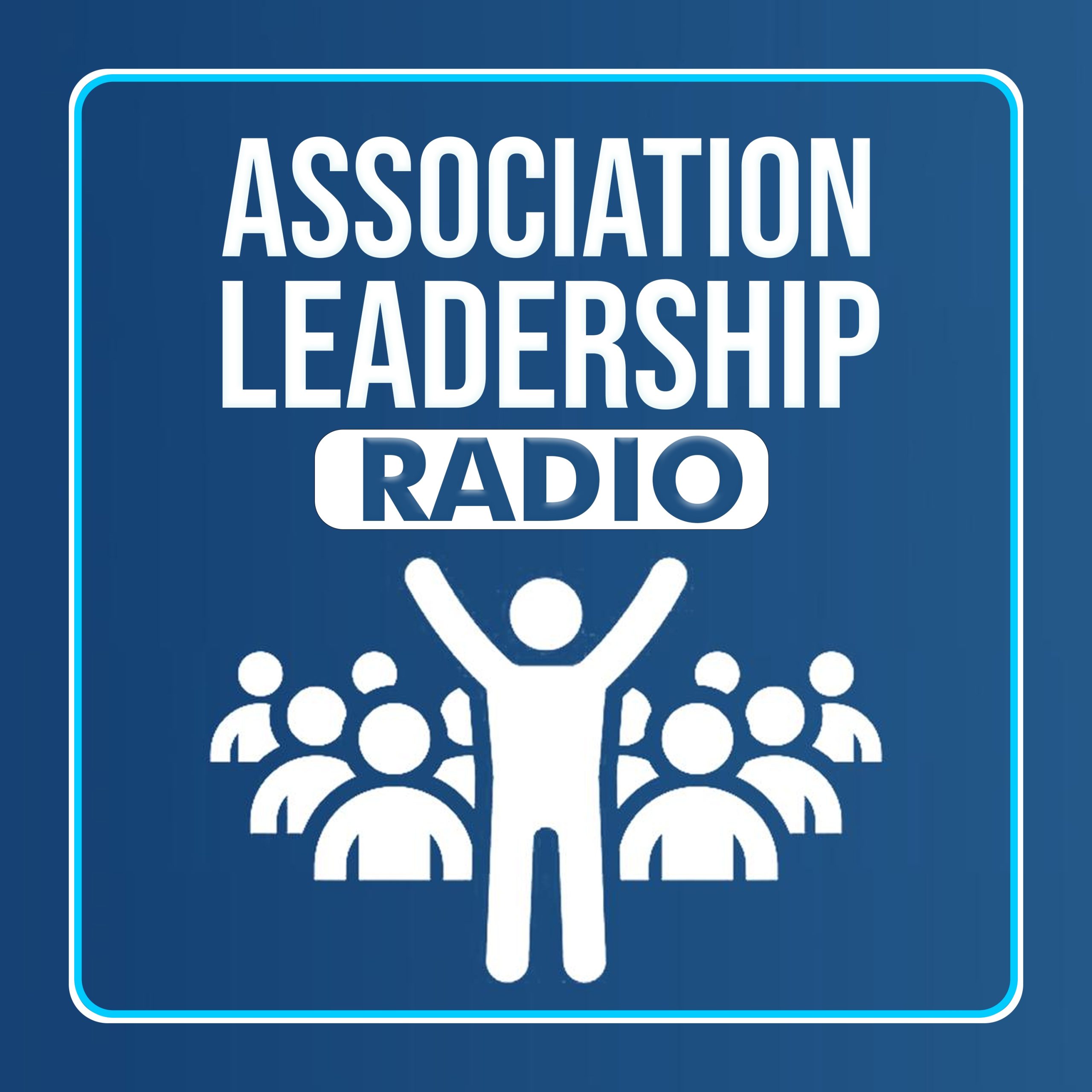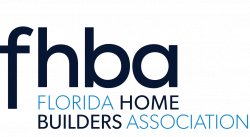
 Gregory E. Matovina founded Matovina & Company, a residential land development firm, in 1991. Over the last twenty nine years, Matovina & Company has been involved in the development of over 15,000 home sites with a primary focus on developing small lot developments targeting first time and first move up home buyers.
Gregory E. Matovina founded Matovina & Company, a residential land development firm, in 1991. Over the last twenty nine years, Matovina & Company has been involved in the development of over 15,000 home sites with a primary focus on developing small lot developments targeting first time and first move up home buyers.
Prior to forming Matovina & Company, Mr. Matovina was an accountant with Arthur Young & Company, working primarily in the audit and tax departments. During his employment with Arthur Young, he was exposed to the home building/development industry through a relationship with Summerhomes, one of the top five builders in Northeast Florida at that time. In 1986, Mr. Matovina joined Summerhomes as Vice President of Finance and quickly advanced to Executive Vice President, in charge of all building activities, including finance, accounting, permitting, purchasing and estimating, construction and land development.
Mr. Matovina has been active in the Northeast Florida Builders Association, serving as a member of the Board of Directors for over fifteen years. In 2002, he was the Secretary/Treasurer, in 2003, he served as the First Vice President/President Elect and in 2004 held the position of President. He received the 2000 Leadership Award for his service to the industry as Chairman of the Codes and Standards Committee, was named Builder/Developer of the year in 2005 and in 2006, was the first recipient of the Arnold Tritt Achievement Award. Mr. Matovina also has served in a leadership position with the Florida Home Builders Association having served as Secretary in 2016, First Vice President and Treasurer in 2017 and President in 2018.
Mr. Matovina’s efforts to create homeownership opportunities for people of all economic status has led to his appointment to the Board of Directors of Habijax, Jacksonville’s Habitat for Humanity affiliate. Mr. Matovina has served on the Habijax Board for fifteen years, 5 of those as Chairman. He also dedicates his time and leadership to the Board of Builders Care, the Northeast Florida Builder’s Association’s non-profit organization whose mission is to eradicate substandard housing in Northeast Florida (14 years), the Northeast Florida Builders Association Charitable Foundation which funds housing related charities (14 years as Chairman) and Ability Housing, Inc. (10+ years with 7 as Chairman) which provides affordable rental housing for the developmentally disabled, homeless and other low income populations..
A native of Hammond, Indiana, Mr. Matovina received his bachelor’s degree in Accounting from the University of Miami where he graduated Magna Cum Laude. He is a Certified Public Accountant and Licensed Real Estate Broker. He is married to the former Leslie Hicks of Jacksonville and they have four daughters, Aubrey, Kate, Katie and Kimberly.
Connect with Greg on LinkedIn.
Transcript
Intro: [00:00:07] Broadcasting live from the Business RadioX Studios in Tallahassee, Florida, it’s time for Florida Home Builders Radio. Now here’s your host.
Stone Payton: [00:00:23] Welcome to Florida Home Builders Radio. Stone Payton here with you with the Business RadioX Network. Please join me in welcoming to the broadcast for today’s episode. Mr. Greg Matovina. How are you, sir?
Greg Matovina: [00:00:38] I’m doing great today, Stone. I’m healthy, and everybody in my family is healthy, and I hope the same is true with you and your family.
Stone Payton: [00:00:45] Well, it certainly is. And it’s plenty to be thankful for. I know we’ve got a great deal that we want to talk about with respect to some of these new programs coming out to offer some relief to business people. But before we get into the weeds on that, can you give our listeners just a little bit of an overview of your work in the community and your role with the Florida Home Builders Association?
Greg Matovina: [00:01:06] Sure, Stone. First of all, my background is I’m a CPA. But I, also, am a land developer. And I have served with the Florida Home Builders Association in the chair. So, that means I was president. And I think that was three years ago. And they still keep me around from time to time to help out. And with my land development practice, and I actually have a small CPA practice, I’ve been very intimately involved in the breaks that the government is offering at this point in time to help keep the economy going during this coronavirus. So, that kind of gives you the background of where I’m coming from and what I have to say today.
Stone Payton: [00:01:54] What compelled you initially to join the Florida Home Builders Association?
Greg Matovina: [00:01:58] Well, Stone, if you want to know the truth, in the early days, what happened is I just felt like it was time for me to give back to an industry that had done so much for me. But as time progressed more and more, and I got more involved, it just blew me away how much the Florida Home Builders Association and your local home builders Association that do and at the national level to further our industry. So, it was kind of a tenuous decision in the beginning, but it got reaffirmed more and more as time passed.
Stone Payton: [00:02:41] All right. So, today we’re here to talk about the Small Business Paycheck Protection Program. You have some insight on this and some counsel for our members. Yeah?
Greg Matovina: [00:02:50] I do, I do. The program, really, in a nutshell, is quite simple; although, when you read it, it can be a little confusing. There are two components to the program. The amount of a loan you can get is equal to 2.5 times your average monthly payroll, typically, based on 2019 or maybe even the 12 months ended in February. So, if you have a payroll processing firm, they can help you come up with the information that you need to satisfy the bank you’re applying through to get that information. So, that determines the amount of your loan.
Greg Matovina: [00:03:34] Now, on the back side, what happens is you can actually have up to two months’ worth of payroll eight weeks forgiven of your actual payroll going forward. Once the loan is approved, and you get your money, two months or, I mean, eight weeks can be forgiven. Plus, if you have a mortgage payment on your commercial structure, the mortgage payment can be thrown into the forgiven pot, or if you rent a commercial structure for use in your business. And then, utilities. And there are some other things that can get thrown in also, including maybe group health plans and some other employee benefits. So, don’t get confused between the way the loan is computed at 2.5 times payroll and the way the forgiveness is computed. There are two separate calculations. It sounds like they belong together, but they don’t.
Greg Matovina: [00:04:32] The other thing I want to mention, Stone, is that the terms on these loans, as I understand it, and they seem to change daily, but the terms on these loans are such that — so, let’s say you got an $80,000 that was two and a half times your average monthly payroll, and $60,000 of it got forgiven, well you still have to pay back then $20,000. But my understanding is there are no payments due for six months. And then, at the end of six months, I am surmising, I haven’t seen it clearly stated, that you pay interest only for 18 months. And that interest originally it came out at 1/2 of 1%. Not 5%. 1/2 of 1%. That’s my understanding that Secretary Mnuchin announced yesterday that they’re increasing that to 1%. But in any event, the interest is only 1% per annum. And you don’t have to pay the principal back for another 18 months or a total to loan term of two years. There are supposed to be no closing costs on this. No fees, no closing costs.
Stone Payton: [00:05:47] If I’ve recently laid off employees, can I go back now and rehire them, and all of this would still apply?
Greg Matovina: [00:05:53] Absolutely.
Stone Payton: [00:05:54] Okay.
Greg Matovina: [00:05:54] Absolutely. So, you can get your next eight weeks’ payroll covered, and your rent, and your utilities. So, if you’re going to pay your rent and utilities anyway, and you’re gonna get the government to pay for eight weeks for the payroll to put those people back on the payroll and find something for them to do.
Stone Payton: [00:06:12] So, what are some of the eligibility requirements?
Greg Matovina: [00:06:16] You can’t have more than — you must have, I think, at least, two employees, Stone, and you have to have less than 500. Nonprofits are eligible. Self-employed individuals are eligible. So, instead of providing payroll documentation, they would just provide evidence of their amount of self-employment earnings. Other than that, there aren’t a whole lot of requirements other than the fact that you have some payroll.
Stone Payton: [00:06:47] And this is something that’s coming down the pike in the coming days or it’s something that’s already here? What’s the timing on all this?
Greg Matovina: [00:06:54] The timing, Stone, is now. They just opened up this morning the application process. And your best bet is to go to the bank that you already bank with. Hopefully, they’re an SBA lender. And if they are, they will have an application online that you can fill out and email them in all the necessary information, so that you can get your loan processed. These loan funds are limited. And so, you want to get your application in today, if not over the weekend at the latest. If you are a self-employed individual, you cannot apply until next Friday.
Stone Payton: [00:07:36] Is it like some of these other programs that I’ve heard of where I’m supposed to have tried some other sources first and, now, I’m coming to this? Or is this a little bit outside that set of rules?
Greg Matovina: [00:07:47] This is outside of that set of rules. As long as you are going to use it for the eligible payments, which is payroll, and rent, and utilities, and employee benefits, then you do not have to have applied for any other loans. And I would tell you that I have already filled out the application for this, and the application is pretty simple. You’re not providing other than payroll information. You’re not providing a bunch of financial statements, and tax returns, and ad infinitum of documentation. It doesn’t go through your typical underwriting that that a loan would go through.
Stone Payton: [00:08:27] Do you have a feel yet – and you may not – on the kind of turnaround we can expect in terms of an answer and actual funding for these?
Greg Matovina: [00:08:35] I’d be taking a wild guess, but the government is saying it’s going to be days. I’m going to say it’s going to take, at least, a week, if not two weeks from the time you apply because I think banks are going to be inundated to begin with, and they’re going to have trouble getting turned around on their end.
Stone Payton: [00:08:54] Well, and that’s why your counsel is act now. Don’t wait around. I mean, I think this program is going to be available for a little while. I would think it would be. But your counsel is jump on this.
Greg Matovina: [00:09:03] You should not wait one minute. Here’s the way I got to look at it, Stone. My payroll at my company is roughly $3000 a month. There’s only four of us. I calculated out the loan forgiveness, and it comes out to somewhere in excess of $25,000. It’s going to take me maybe an hour to apply. That’s a pretty good hourly rate for a CPA or anybody, $25,000 an hour. But I’ve already seen numbers of a not-for-profit that I’m associated with. They’re going to be applying for $400,000, of which they think about $320,000 to $350,000 will be forgiven.
Stone Payton: [00:09:46] Wow. Okay, before we wrap, let’s just kind of walk through step by step. I’m maybe hearing this right now, and I’m going to dedicate maybe the afternoon in getting this thing together. Let’s just hit some of the high points for the steps. You’re suggesting go online to get to the application, or would you just go ahead and go to a lender if I have a relationship with one?
Greg Matovina: [00:10:07] I would definitely call my lender and/or my banker, whoever I bank with, and I would start right there. And if they say, “We’re not an SBA lender,” which most banks are, then I would ask. They all have friends in the banking business. I would say, “Well, refer me to somebody.” And then, at that point, they may point you to the online application because it may not be quite in their department to handle. They may not. They may say, “Hey, let me help you with the application here over the phone. And then, you can email me the backup data.” So, I would say the starting point, Stone, is definitely with the person you already have a relationship with.
Stone Payton: [00:10:50] And one phone call that might make sense to make as well somewhere in this process if you are working through a payroll company, right, that’s helping you put all this stuff, so you could get that documentation together?
Greg Matovina: [00:11:02] Absolutely. I mean, most payroll companies have an online portal that you can go to. But if you’re an old dinosaur like me, you might struggle with an online portal, so you can just give them a call and, hopefully, they can help you walk you through the process of getting what you need.
Stone Payton: [00:11:20] This is one of the great advantages of the Florida Home Builders Association. We have so many marvelous resources, people with specialized knowledge and expertise right here in our organization. I think we should continue to try to tap into that. If someone wanted to reach out and have a conversation with you or somebody on your team, is it appropriate maybe for them to have access to a LinkedIn, or a website, or something like that that we could share with them?
Greg Matovina: [00:11:46] Well, how about if they just send me an email directly to gmatovina@matovina.com. And I’ll do what I can to help them.
Stone Payton: [00:12:00] Well, Greg, thank you so much for coming on and sharing this information. And with your permission, we’re very likely to reach back out and maybe catch up with you and follow up on this and future developments. And, look, we got all hanging on this and work together. This has been an absolute pleasure. And I sincerely appreciate you investing the time to share this with our members.
Greg Matovina: [00:12:20] Thanks for having me, Stone. And thank you for sharing this information with our members. I think it’s very important.
Stone Payton: [00:12:27] All right. This is Stone Payton for the Florida Home Builders Association. Our guest today, Greg Matovina, and everyone here at the Business RadioX family saying we’ll see you next time on Florida Home Builders Radio.
About FHBA
Established in 1947, the Florida Home Builders Association (FHBA) strives to create a climate in which the construction industry can prosper. FHBA is affiliated with the National Association of Home Builders and is home to twenty-three local home builders’ associations across the state.
Together, the association works create the best possible economic and regulatory environment for member success through superior lobbying efforts, educational forums, and providing members with networking and a comprehensive menu of products and services.















